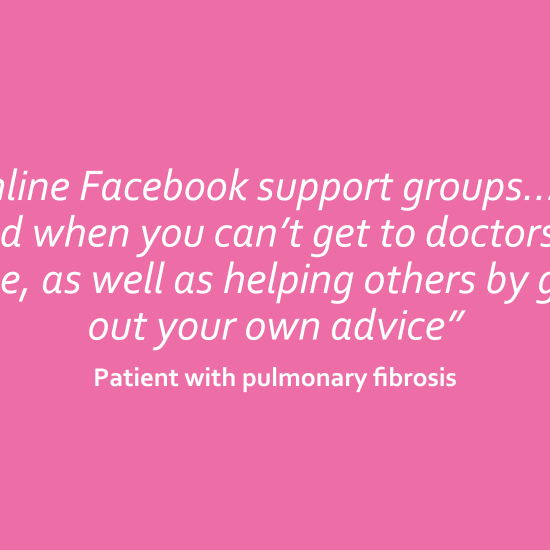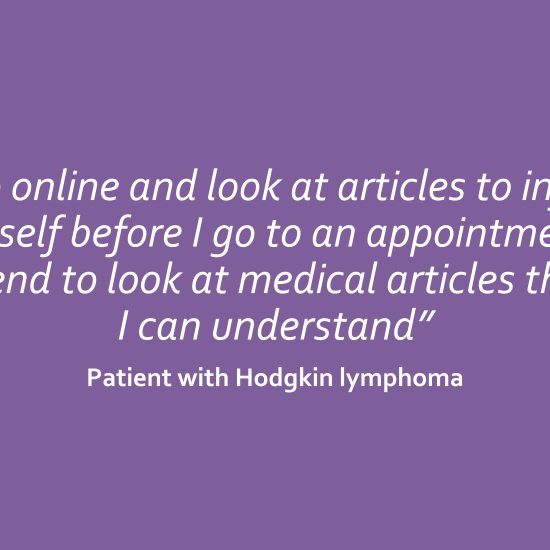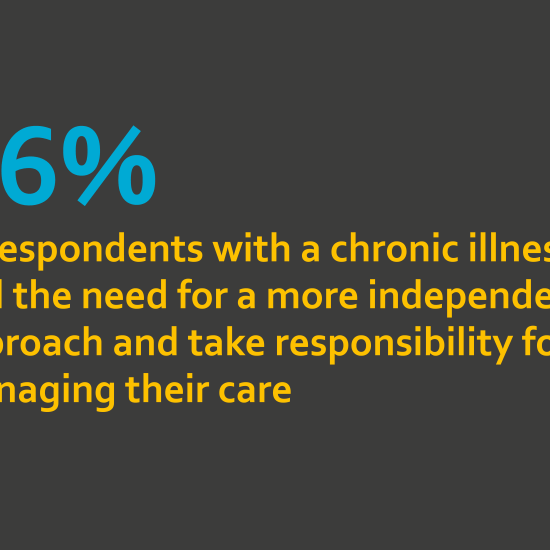14th November 2023
Here at Solaris Health, we’re fascinated by attitudes to health that shape behaviours, particularly in rare conditions and unmet medical needs.
In 2022 we joined our sister company, Bray Leino, to commission a nationwide healthcare study of over 1,000 respondents across both consumer and core patient groups – comprising those in primary care with an ongoing medical condition and those with a rare disease or unmet medical need. This exclusive quantitative and qualitative research study – Healthcare Now – unlocks invaluable insights which can guide us in understanding people’s attitudes and behaviours around healthcare and wellbeing, and which will help inform our approach to healthcare marketing.
As we explored in our forth piece, ‘Mind the Gender Gap in Health and Wellbeing’, there are distinct differences in perspective between the genders on the topic of health, but where all those in the rare or unmet needs group agree is on the continual thirst for more knowledge about their condition. Healthcare is something that touches all of our lives. For some, the goal is just to try and stay fit and healthy; for others with medical conditions, their goals are very different.
Finding your tribe
Everybody needs regular, updated information to help them manage their condition and, just as importantly, they need emotional support from people who are going through similar challenges. ‘A problem shared is a problem halved’, as the old saying goes. But with the huge amount of medical and wellness information available, finding that lighthouse in the vast ocean of content can be overwhelming. And even if you manage to narrow down your search, it’s not always obvious which sources of information you can trust.
Patients who have particular needs want comprehensive and trustworthy sources which are regularly updated, that they can return to time and time again. If you can find a couple of golden nuggets in the sea of yellow, you’re doing quite well. But these sources won’t do for everyone, even among those with the same medical condition, because patients are also individuals with different needs and expectations. We all live different lives, even if we share some experiences. In recent years, the pharmaceutical and wellness industries have been making an effort to put patients first – the so-called ‘patient-centric’ approach. But in practise, it often misses its mark. Simply layering on more and more information is not always helpful. The challenge in medical communications is to really step-up and put the individual centre-stage.
For example, when engaging with patient groups, the ‘one size fits all’ approach falls short. Despite all the patients in a particular group sharing the same or similar medical condition, each individual lives and thrives within their own sphere of influence, populated by family, friends, work, hobbies, and social activities. No two people – patients or otherwise – are the same. The pharmaceutical industry, and their medical communications partners, put a lot of time and effort into creating patient materials to keep them informed and up to date on developments in their condition, but often little thought is given to addressing the individual, with their specific needs, interests and responsibilities. It’s time to think about the true breadth of patient needs in terms of health education and knowledge.
Proactive health
Our survey, which included those with long-term medical conditions, showed us just how diverse people’s needs are for medical information and the different sources they use to find it. Not surprisingly, this patient population is very proactive when it comes to their health and wellbeing, with 86% stating that it’s a priority for them – they want to feel in control of their condition and manage their health to stay ‘well’ as much as possible. As well as seeking out the support of healthcare professionals, some people with chronic health conditions use social media to connect with others and share experiences.

Knowing there are other people like you out there with similar struggles in everyday life must be very comforting and reassuring. Others will look for articles on charity websites for specific information, or even read medical journal articles online to stay informed of their condition.

That said, the Healthcare Now survey also illustrated how different some people’s approach is to managing their condition.

There are lots of reasons for this, with the most common being: not wanting to burden the
over-stretched NHS, and because it helps them manage their mental health. What works for some people doesn’t work for others, and this is the point: everyone has a different perspective, different requirements, and different influences, and we need to keep this in mind in our communications.
The thirst for knowledge is insatiable! Even among those who feel they are fully informed about their illness, a huge 42% would still like additional information on how to manage it. Clearly, medical communications need to be multichannel and diverse in their content and reach, because one size certainly does not fit all!
Effective patient communications are vital. If you think we could help you achieve your medical communication goals in a genuinely patient-centric way, please do contact us – we would be delighted to help you on your journey, contact ClaireDobbs, Solaris Health: claire.dobbs@solarishealth.com.


